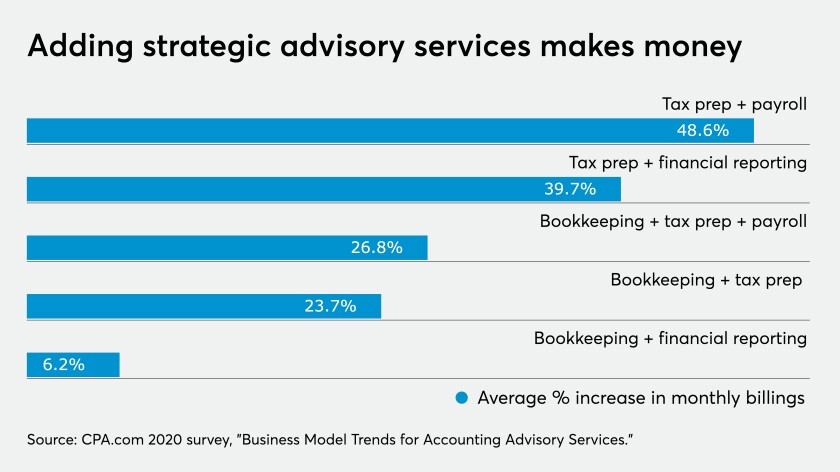CFOs and senior finance executives are dealing with a growing number of responsibilities and demands as a result of the novel coronavirus pandemic, according to a new report.
The report, from consulting firm Protiviti, found that the pandemic has been a wake-up call to finance departments that weren’t already investing, or weren’t investing enough, in cloud-based systems as they have struggled to shift to the remote work environment. Eighty percent of the 1,057 finance leaders surveyed ranked security and privacy of data as a top priority, while 78 percent cited enhanced data analytics, and 72 percent cited cloud-based applications.
The leaders of Congress’s main tax-writing committee are wondering if the Internal Revenue Service will be ready to handle next tax season as it’s still processing millions of pieces of correspondence that went unopened for months during the COVID-19 pandemic.
The Internal Revenue Service said Friday it would restart issuing its 500 series of balance-due notices to taxpayers later this month after they were paused on May 9 due to the COVID-19 pandemic.
Automated technology makes it easier to provide extra services during these difficult times; and it also creates opportunity to move to value pricing.
Of those respondents who are CFOs and vice presidents of finance, 72 percent ranked cloud-based applications as a top priority to address over the next 12 months. Seventeen percent ranked cloud-based applications as the most important finance priority for their organizations to address, signifying a big jump from the 8 percent of respondents who indicated so in a similar survey by Protiviti last year.

“Having the right technology infrastructure and cloud capabilities is now considered a baseline in order to operate effectively and efficiently and will continue to be as organizations move into a hybrid work environment,” said Chris Wright, managing director and global leader of Protiviti’s Business Performance Improvement practice, in a statement. “COVID-19 disruptions underscored the critical nature of a truly digital finance workforce and companies without advanced technologies and digital processes faced a difficult transition to remote work. We’re now seeing an increasing number of boards and CEOs tap their finance leaders for guidance about whether their organization is allocating enough resources to their technology infrastructure.”
Labor models are changing, in part as a result of the pandemic, with 18 percent of the finance leaders surveyed saying their organizations are relying on managed services providers, while 29 percent are augmenting their staff to handle financial planning and analysis with greater speed and agility.





